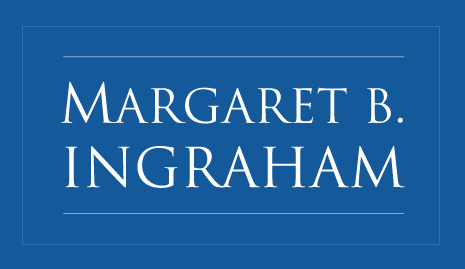If you are going to take the time to read this blog, you might want to know something about me. Let’s start our introductions – and I say introductions because I hope that you will respond with comments to some of my posts, so I can get to know you as well – with the profile from my Twitter account:
“I am a poet; the author of This Holy Alphabet; a lover of the psalms and the Great Psalmist and the Poet King David. . .”
That’s all true. But Twitter imposes “character limits” (isn’t a limit on character an interesting concept, when you think about it) so I may have omitted the most relevant facts.
First this: I write as I live – as a Christian, or more precisely as a Judeo-Christian, who has been interested in the shared beliefs and traditions of Christians and Jews for as long as I can remember pondering such matters.
About the psalms: I am certain the psalms are as divinely inspired as any and every other part of Holy Writ (which is just another way of saying the Word of God) and therefore profitable, as Timothy put it, for “training in righteousness” (2 Tim 3:16). And righteousness, as we will see, is a central theme of David’s poetry.
About the authorship of the psalms: I am convinced that David was the author of every psalm that bears his name and of some others as well. The magnificent Psalm 119 is principal among those “others.”
About the Great Psalmist: I believe David was and forever will be the greatest poet in the history of the world and that he is at once a man of God, a prophetic poet, a poet’s poet and the poet of the people.
About the language of the psalms: I believe that Hebrew is/was the Holy Tongue in the same way the psalms are Holy Writ; that is, the language in which the psalms were composed and first recorded is as God-chosen as the people to whom they were first revealed. Further, I believe that knowing something about the original language of the psalms enhances our understanding of the meaning of the poetry itself. So in this blog, I will share some of what I have learned about the intricacies, uniqueness, mysteries, imbedded theological concepts and wonders of biblical Hebrew.
About being a poet: Because I am one, I bring a poet’s perspective and thinking to my study of the psalms. The realization that I was a poet came to me early in life, as a pre-adolescent in fact, when I would sit alone for hours in the corner of my room reading the psalms in the King James Version. That awareness changed my view of myself, my perception of the world and my understanding of Him who made both.
That is what the psalms can do.
